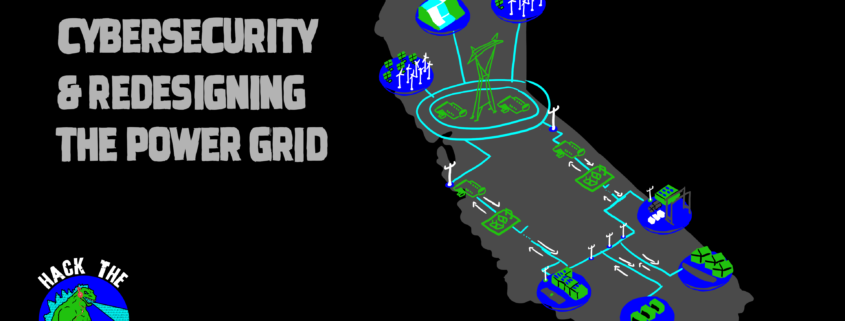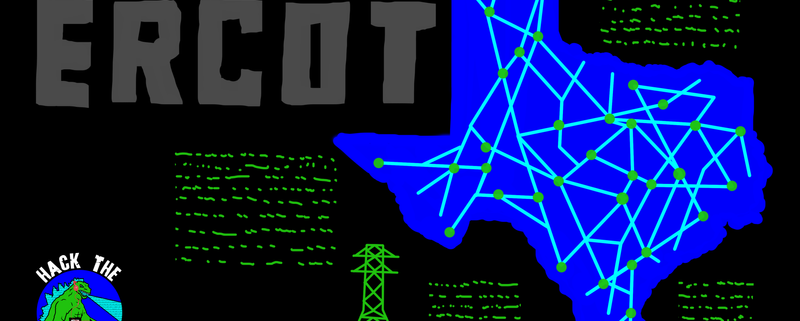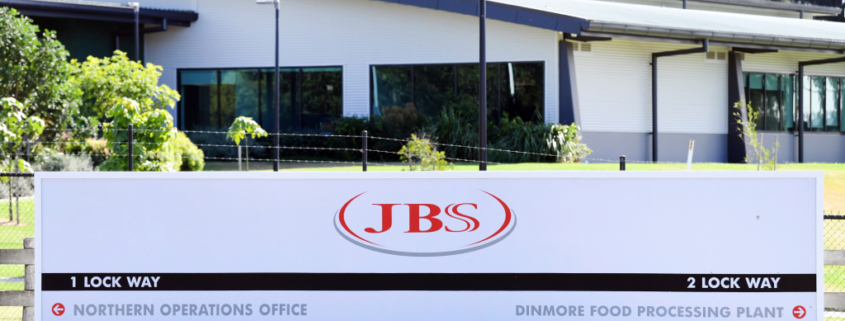Russian forces have switched off some mobile networks and internet at Zaporizhzhia nuclear plant, IAEA says

At least 4,640 people were detained during protests in Russia on Sunday, OVD-Info, an independent monitoring group that tracks detentions in Russia, reports.
People have been detained in 147 cities, according to OVD-Info. Since the invasion, more than 13,000 people have been arrested in Russia in anti-war demonstrations, OVD-Info calculates.
CNN cannot independently verify these numbers.
Russian state news agency TASS cited the Russian Interior Ministry, which said it arrested 3,500 people “who took part in unauthorized public events” on Sunday.
“The units of the Ministry of Internal Affairs of Russia, in cooperation with other law enforcement agencies, ensured law and order in places where unauthorized public events were held in a number of constituent entities of the Russian Federation,” Irina Volk, the official representative of the Russian Interior Ministry said, TASS reported.
Some of the cities where arrests were made included Moscow and St. Petersburg.
The detainees were “taken to the territorial police departments for investigation,” Volk said, adding “the issue of bringing them to justice is being decided.”



